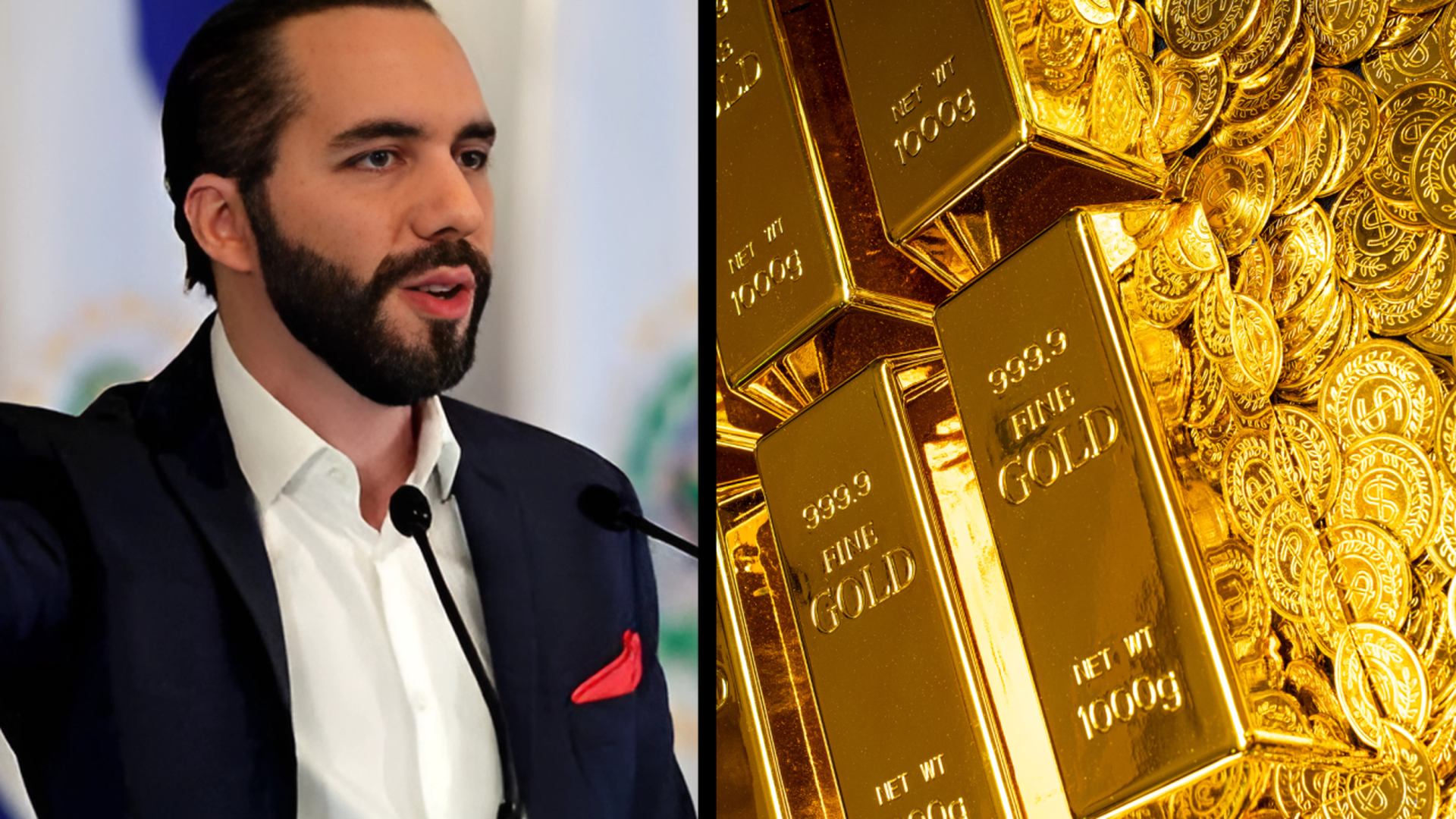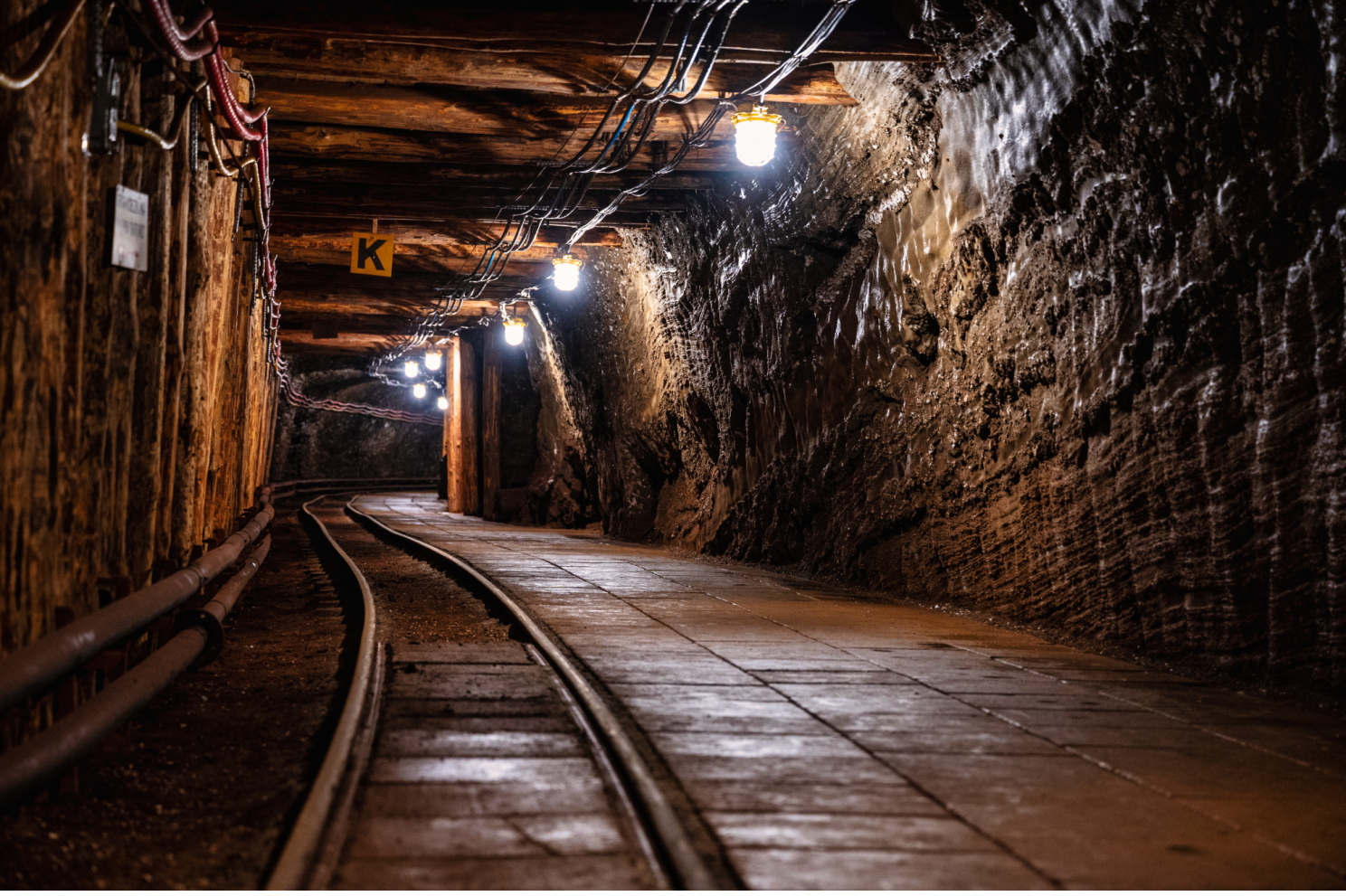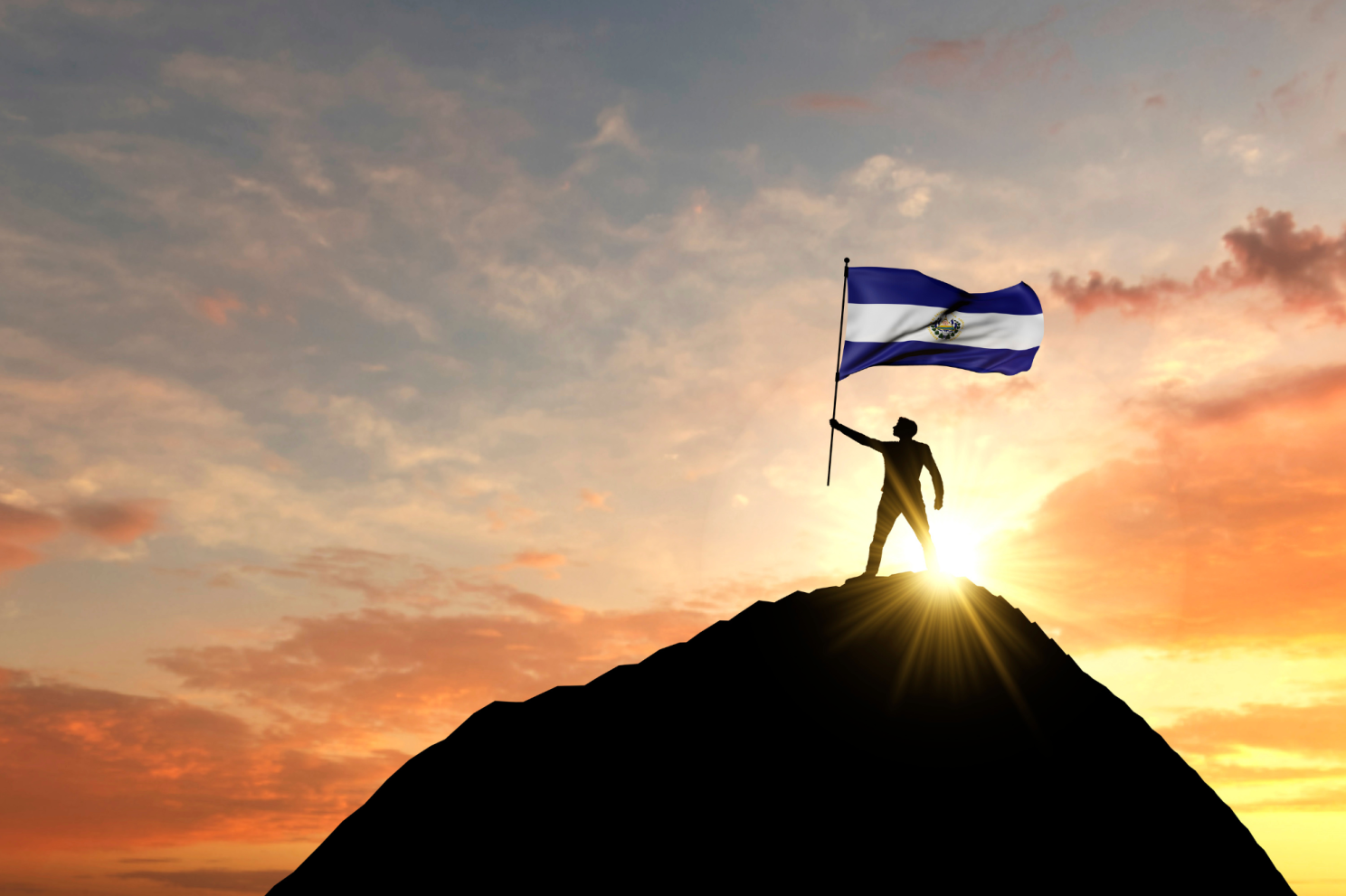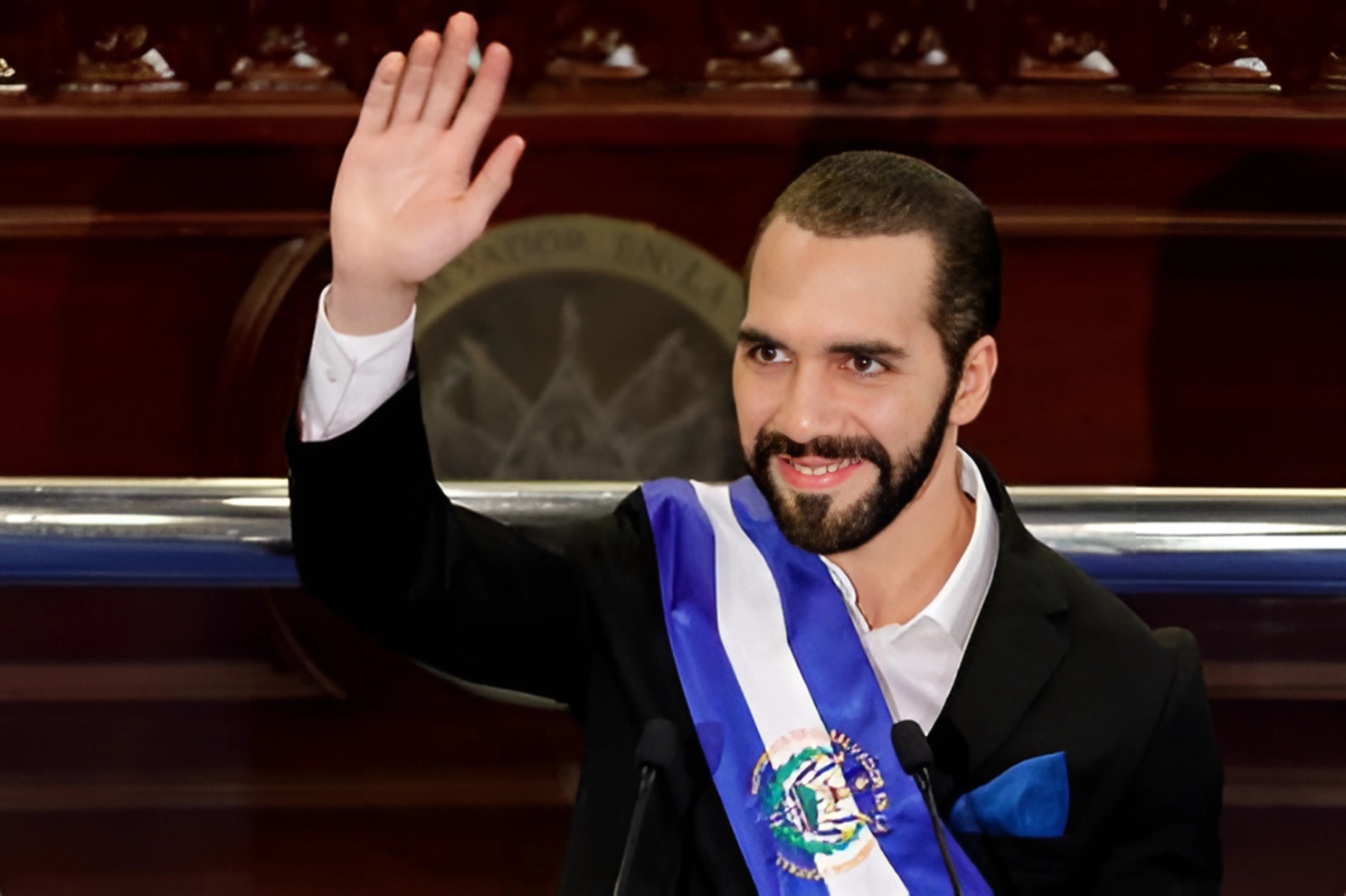

El Salvador's mining industry has long been a subject of fierce debate, as the country struggles to balance economic development with the protection of its natural resources. The key issues surrounding this debate include environmental concerns, the social impacts of mining, and the political tensions between local communities, multinational corporations, and the government. This post delves into the history and complexities of the mining controversy in El Salvador, from the rise of gold mining in the early 2000s to the current push for a mining revival under President Nayib Bukele.

The mining debate in El Salvador began to gain international attention in the early 2000s when the Canadian company Pacific Rim initiated efforts to explore the country's gold reserves. The company focused particularly on the Cabañas region, which was believed to hold over a billion dollars’ worth of gold. The company presented mining as an opportunity to provide economic prosperity, including job creation, poverty alleviation, and infrastructure development. For many Salvadorans, especially those in impoverished rural areas, the promise of gold mining was seen as a potential way to break free from economic hardship.
However, as the mining project progressed, the promised economic benefits clashed with growing concerns about environmental degradation. The people of Cabañas, along with activists across the country, began to question the long-term consequences of mining, especially regarding the environmental damage it might cause. As the environmental costs mounted, so did the opposition to the project, leading to an entrenched and bitter debate that continues today.
The environmental impact of gold mining became one of the primary issues. Gold mining is water-intensive, and given that El Salvador already faces significant water scarcity, there were fears about the strain it would place on the country's limited water resources. Andrés McKinley, a water and mining expert at the University of Central America, pointed out that mining could further deplete vital water supplies used for agriculture, drinking, and livestock.
Additionally, gold extraction involves toxic substances like cyanide, which can contaminate water supplies. Even small leaks or spills could render water sources unusable, and the byproduct of mining, acid mine drainage, could poison water sources and threaten local biodiversity. Local communities, particularly subsistence farmers, were especially concerned about water contamination, as their livelihoods depended on clean water for both drinking and farming.
In response to these environmental threats, local communities in Cabañas began organizing opposition to the mining project. The Association for the Economic and Social Development of El Salvador (ADES) spearheaded an educational campaign about the dangers of mining, particularly its environmental risks. Public support for the anti-mining movement grew, with a 2007 national poll revealing that 62.4% of Salvadorans opposed mining.
In Cabañas, resistance to mining was particularly strong, with many residents fearing that gold extraction would not only damage the environment but also disrupt their way of life. The slogan "No to mining, yes to life" became a rallying cry for these communities, and the movement gained momentum.
As opposition to mining intensified, the situation turned violent. In 2009, Marcelo Rivera, an outspoken anti-mining activist, was abducted and murdered. His body was found in a well, and although authorities claimed his death was unrelated to his activism, many suspected the involvement of mining companies or their supporters. Rivera’s death sparked further violence, and other activists, such as Ramiro Rivera and Dora Recinos Sorto, were also killed in subsequent years.
In light of the violence and mounting public opposition, President Mauricio Funes' government took a strong stance against mining. In 2009, the government imposed a mining ban, halting Pacific Rim’s plans to extract gold in Cabañas. This decision was celebrated by local communities and environmentalists but led to a legal battle.

Following the mining ban, Pacific Rim, which later merged with OceanaGold, filed a lawsuit against the Salvadoran government, claiming the ban violated trade agreements and demanding compensation. The case was brought before the International Centre for Settlement of Investment Disputes (ICSID), a World Bank-affiliated tribunal.
In 2016, El Salvador emerged victorious when ICSID ruled in favor of the government, dismissing Pacific Rim's compensation claims. This landmark ruling was significant because it was rare for a developing country to successfully defend itself against a multinational corporation in such a case. The ruling reinforced El Salvador’s commitment to protecting its natural resources from harmful mining practices.
In 2017, El Salvador passed a law that officially banned all metals mining in the country, solidifying its stance on environmental protection.

In recent years, El Salvador has also faced the challenge of managing its national debt. President Nayib Bukele’s leadership has brought a fresh approach to solving the country’s economic problems, particularly its debt crisis. His administration has been proactive in seeking alternative solutions, including the issuance of Bitcoin bonds to fund infrastructure projects and investing in the country’s future.
President Bukele has also worked to address the inefficiencies that have plagued El Salvador’s government for years. By promoting technological innovations and adopting a forward-thinking economic strategy, he has put El Salvador on a path toward fiscal responsibility and economic independence. Bukele’s efforts to streamline government spending, attract investment in new industries, and reduce corruption are beginning to show results. The ongoing reforms have instilled hope that El Salvador can manage its debt more effectively, boosting investor confidence while addressing long-standing issues like poverty and inequality.
Bukele’s focus on technology, alongside his efforts to promote tourism and other non-extractive industries, offers the promise of a more diversified economy. As El Salvador works to eliminate the financial burdens of debt, it can also build a future where sustainable development is prioritized over environmental degradation, and where foreign investments are harmonized with the needs of the local population.
One of the most intriguing aspects of President Bukele’s administration is his recent advocacy for revoking the mining ban imposed by his predecessor, former President Salvador Sánchez Cerén. El Salvador, which became the first country in the world to ban metal mining in 2017, may be missing out on an opportunity to tap into its massive untapped wealth, particularly in gold. According to Bukele, the country is sitting on gold deposits worth an estimated $3 trillion more than 8,800% of El Salvador's current GDP.
In a recent speech, Bukele also revealed that the country’s mineral resources include gallium, tantalum, tin, and other materials essential for the ongoing technological revolutions. Bukele argues that this untapped wealth could be used not only to boost the country’s economy but also to fund critical environmental projects, such as cleaning up El Salvador’s contaminated rivers. Currently, approximately 95% of the country’s rivers are polluted, and Bukele has emphasized that mining could provide the resources needed to address this issue, rather than relying solely on a ban that prevents mineral extraction.
Bukele’s vision is ambitious: he believes that responsibly mining just 4% of the country’s gold deposits could bring in $131 billion, or 380% of El Salvador’s GDP. He sees this as a potential game-changer for the nation’s economy, arguing that with the right approach, mining could lift the country out of its debt crisis and transform its future. While opposition to the mining ban is expected from environmental groups and local communities, Bukele’s calls for a shift in policy demonstrate his focus on long-term economic growth over short-term environmental concerns.
El Salvador’s struggle with foreign mining interests, while challenging, represents a turning point in the country’s political and economic evolution. The mining conflict highlighted the tension between global trade agreements and national sovereignty, but it also catalyzed a shift toward greater environmental awareness and stronger protections for local communities.
With President Bukele’s leadership, El Salvador has the opportunity to tackle its debt issues while fostering sustainable growth, diversifying its economy, and preserving its natural resources. The country’s ability to navigate complex international agreements and its commitment to social and environmental justice reflect a growing maturity in its political culture, one that is increasingly focused on long-term well-being rather than short-term profits.
As El Salvador continues to address its economic challenges, the lessons learned from the mining conflict and the country’s evolving policies could serve as a model for other nations grappling with similar issues proving that it is possible to achieve economic prosperity without compromising environmental and social integrity.
https://www.mining.com/el-salvador-sitting-on-3-trillion-worth-of-unmined-gold-president-says/